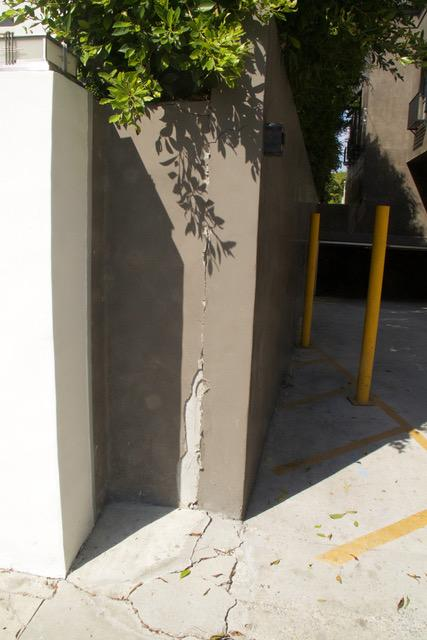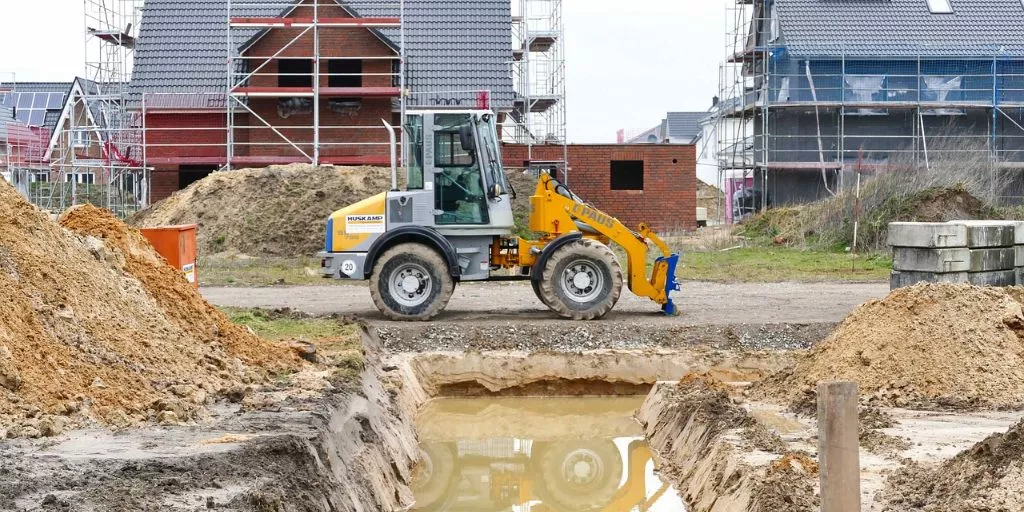The Los Angeles Regional Water Quality Control Board
Can and Must Do More to Protect Groundwater
By: Annelisa Ehret Moe, Heal the Bay & Charming Evelyn
From the mountains, through our streets, rivers, and neighborhoods, and down to the ocean, our watersheds connect us all throughout LA County. Heal the Bay is dedicated to making the coastal waters and watersheds in Greater Los Angeles safe, healthy, and clean because the protection of water quality means protection of our ecosystem, of our own health, and the health of our family, our friends, and our community. Equitable access to clean and safe surface waters is one challenge, among many, that we face in the context of our changing climate with increasingly dry conditions, including longer and more severe droughts broken by intense storms that send billions of gallons of polluted stormwater through our cement lined channels and out to the ocean. In order to ensure that the Greater LA Region is resilient to climate stressors, including drought impacts on coastal watersheds, it is critical that we protect the quality of our waters and that we use sustainable water practices to avoid wasteful use of the local waters available to us.
The Los Angeles Regional Water Quality Control Board (Regional Board) is in charge of regulating pollution in all surface waters in LA, a responsibility delegated by the Environmental Protection Agency to safeguard the beneficial use of California's water for present and future generations. Just as protection of water is protection for ourselves, any lapse in that protection means risk of contact and exposure to pollution, highlighting the critical nature of the Regional Board’s charge. The Regional Board consists of seven decision-making board appointees, supported by a staff of more than 150 scientists, engineers, legal counsel, and other support. There are currently two appointments open on the Regional Board, and the remaining five seats are filled by Chair Norma Camacho, Vice-Chair David Nahai, and Board Members Sabrina Ashjian, Marissa Christiansen, and Dr. Michael Méndez.

Collectively, the Regional Board regulates the discharge of waste into any surface water, including but not limited to treated wastewater, stormwater, and excess from dewatering activity. Dewatering, particularly with respect to construction and other projects, is the process of removing groundwater to create a dry subsurface working environment using pumps, wells, or other drainage systems. The Regional Board protects surface water quality in the presence of dewatering discharges with water quality limits, and monitoring for overall toxicity as well as specific chemicals such as per-and polyfluoroalkyl substances (PFAS) that persist within our environment and pose health risks. While water quality has some protection here, the issue of water waste remains.
The extraction of groundwater and soil moisture associated with the dewatering process without replenishment is irresponsible, particularly in Southern California where we face chronic water scarcity.. This goes directly against the movement towards a sustainable and reliable water future for California including violating these words enshrined in Ca. Water Code § 100: ‘water resources of the State be put to beneficial use to the fullest extent of which they are capable, and that the waste or unreasonable use or unreasonable method of use of water be prevented, and that the conservation of such water is to be exercised with a view to the reasonable and beneficial use thereof in the interest of the people and for the public welfare’.
In addition, dewatering can cause the permanent displacement of water leading to subsidence and property damage, tree die offs, and the drying of local streams. While we work in other ways to minimize dewatering activity wherever possible, we must reuse the water removed to avoid wasteful use, and avoid the impacts of subsidence. Though the Regional Board encourages reuse of any groundwater removed during dewatering activity, they do not take the next step to require it, instead leaving that directive up to their sibling agency, the Department of Water Resources (DWR), who is in charge of implementing the Sustainable Groundwater Management Act.
Given that there are so many water related challenges in California, a division of labor makes sense. However, history has shown that working entirely in silos is not an effective way to tackle all the challenges we have to manage. Dividing the work of water quality and water quantity regulation does not require the loss of communication and collaboration. The Regional Board has shared examples of past inter-agency coordination, but has also expressed the constraint they feel of their authority and influence.
Under various local ordinances and state laws, the wasteful use of water is illegal, so we call upon the Regional Board to exert their authority, under their own jurisdiction, to prohibit waste through requirements for reuse of water extracted during dewatering activity. The Board can also champion consistent and meaningful collaboration to help ensure the reuse of extracted groundwater, by lending their strength and expertise to DWR. This offers the opportunity for the Regional Board to benefit in return from the expertise of DWR, as well. Creating a more robust culture of collaboration between agencies, in general, could lead to tremendous collective benefit to achieve a holistic and sustainable water future for LA.
To put things into perspective, 196 permits were issued in 2023 with the capacity to dewater 23,154,250 gallons per day (permitted design flow gpd), however since permittees are allowed to self report, the reported (actual) totals were 4,954,079 gallons per day. According to the US EPA a family of four uses 400 gallons per day, think how many families could benefit if this water was put to beneficial use.
What Can You Do?
If dewatering is impacting your neighborhood, join the next Regional Board meeting to give public comment and tell your story. The Regional Board needs to hear from you! Find Agendas and Meeting times HERE for the Los Angeles Regional Water Quality Control Board.
If you’d also like to work on this campaign email Charming at: bcharmz@aol.com
Annelisa is one of our guest writers and partners with Charming and the Water Committee on dewatering issues, using her expertise as a former water board employee.
Charming is the Chair of the Angeles Chapter Water Committee and CoChair of the Sierra Club California Water Committee.
